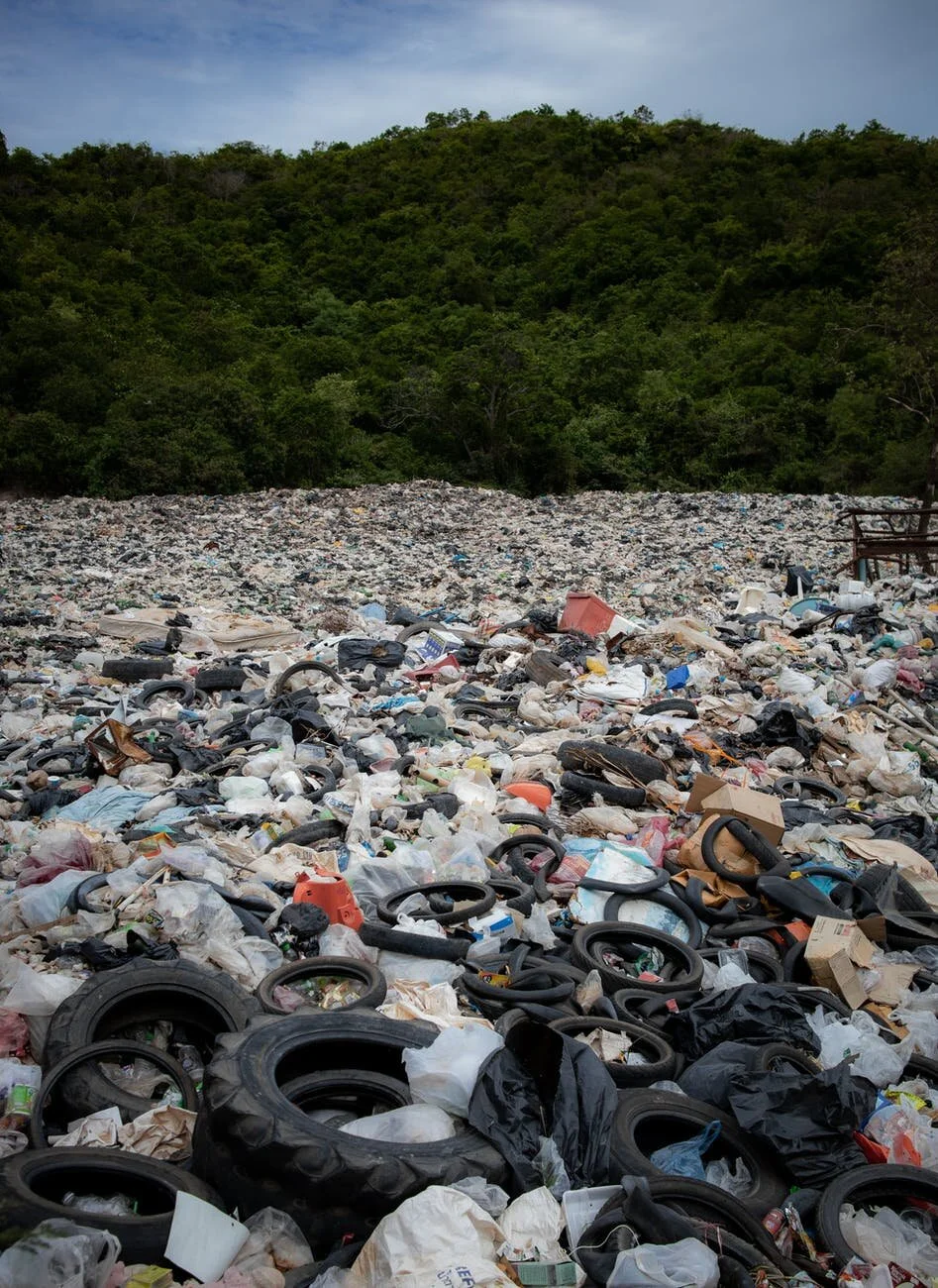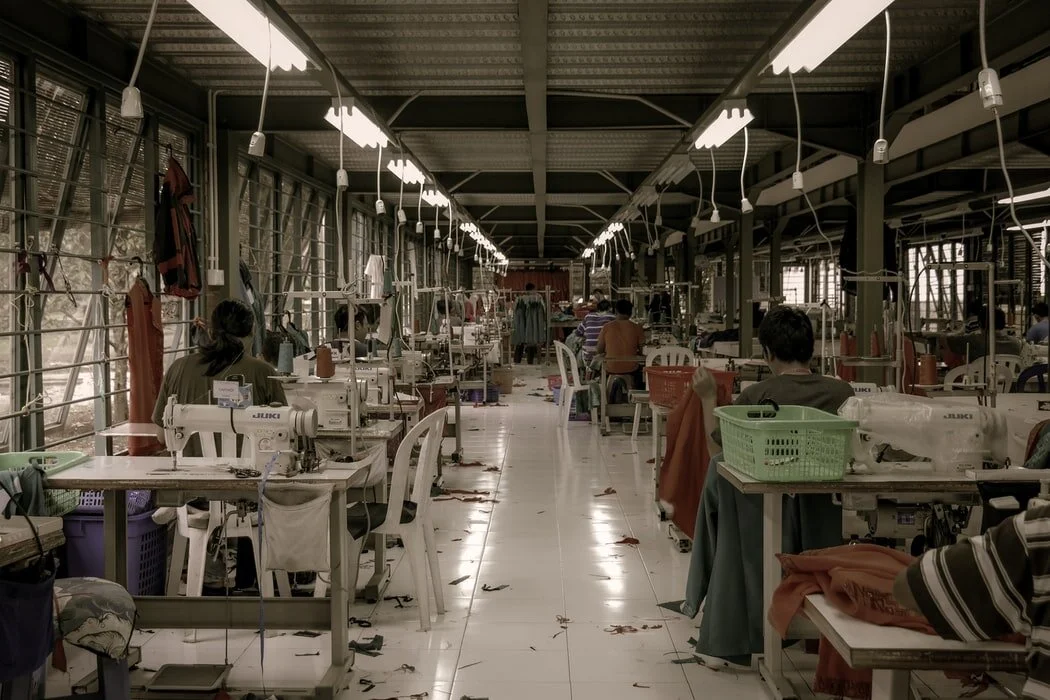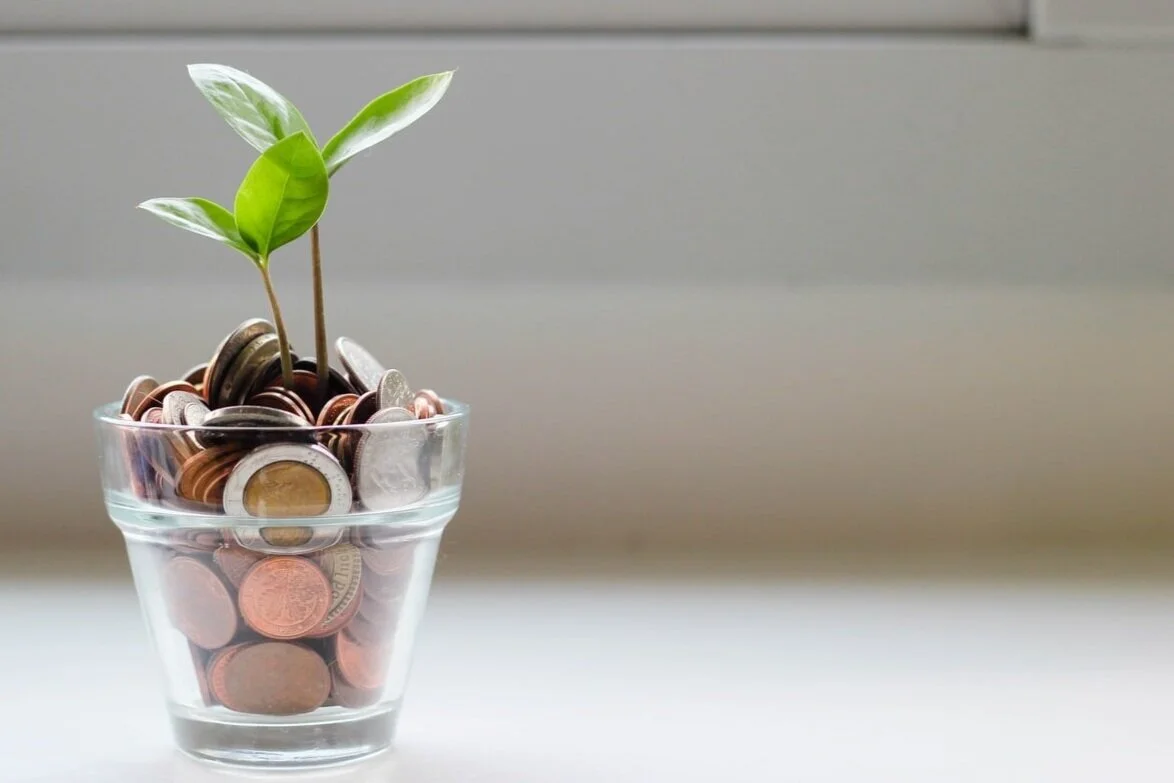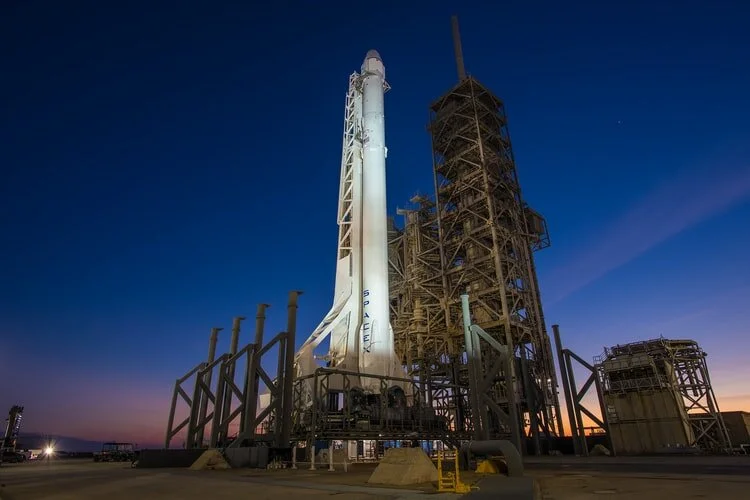Carbon Calling
The COVID-19 pandemic has disrupted or halted almost all human activity, accompanied by a much-discussed global fall in carbon emissions. Economies the world over have entered government enforced shutdowns, as a mass global experiment of home-work and study has initiated. Behind the seamless ease of live video, instant messaging, and cloud computing lies a hidden cost.
We crave face-to-face interactions. A Harvard Business Review study showed that ‘face-to-face requests were 34 times more effective than emailed ones’. It’s why we flew across the world for face-to-face meetings, despite the mounting costs of airfare and to the environment. We accept this physical and visual interaction as the cornerstone of business and work, and as a substitute, video calls have become for many the default and preferred option for working and studying from home.
While our emissions from commuting to and from our workplaces have diminished significantly, our reliance on online communication has skyrocketed in turn. Enabled by widespread high-speed broadband, video conferencing and calling services have boomed in popularity. This has sparked a surge in demand of data transfers. Data is a good like any other and its manufacture and transport requires energy and generates emissions. Cyberspace has material consequences.
Online activity feels intangible, even unreal. Airy language is used to explain how our information is stored ‘in the cloud’ while breezy videos make the process seem effortless and unlimited. But the reality is more physical, industrial, and familiar than you think.
Data is hosted and redistributed via data centres or ‘server farms’, often – like any other factory or plant – powered by fossil fuels and requiring extensive cooling systems. To reach your device, data from webservices is processed and then transported through a network of undersea cables. According to some estimates, the carbon footprint of our gadgets, the internet, and the systems supporting them represents about 3.7% of global greenhouse emissions. This roughly equals the amount produced by the entire airline industry, and is set to double by 2025.
The carbon value of online activity depends on the complexity and size of the data being processed. One tweet generates 0.02 g CO2e, and one email (without an image) generates 4 g CO2e. CO2e, or carbon dioxide equivalent, is a standard unit for measuring carbon footprints that expresses the impact of different greenhouse gases as a single number. For context, one kilometre travelled in a private car generates 240g of CO2e emissions. Videos, containing a processed combination of visuals and audio, are the largest filetypes, demanding the most energy to be processed and shared, especially live.
My commute to the Route2 office was 12km by train. A round trip would generate approximately 1.46 kg of CO2e (as reported by DEFRA). On an average day at Route2 now, I am in a call with my colleagues for 2.5 hours, according to my Microsoft Teams tracker. This would represent approximately 500g of CO2e on my part if I were speaking to my entire team at the same time. However, most of my time is one-to-one communication, which would yield a substantially lower quantity. Nevertheless, as our connectivity increases, so does the carbon, and so does the cost.
This cost, like many others, is not necessarily the most visible when considering all the impacts, direct and indirect, of a business decision. Demand for data is skyrocketing; internet traffic has tripled since 2015. While your video calls, emails, and messages aren’t placing an excessively high burden on the environment, and increasing efficiencies in data centres seem to be balancing these demands, our demand for data has an environmental and social cost that cannot be ignored.
Route2 delivers unique insights into the total impact of business activities. We offer businesses expert advice and analysis about historical and future performance. Our services (coined Value2Society) strengthen decision making, establish competitive advantage and enhance the value business delivers to society.
To find out more, email us at info@route2.com or phone +44 (0) 208 878 3941
Follow our social media to never miss a post:











